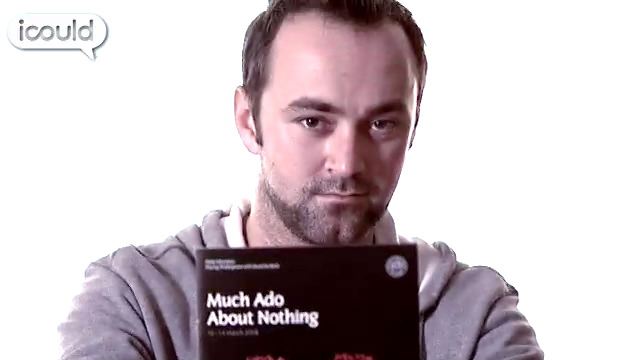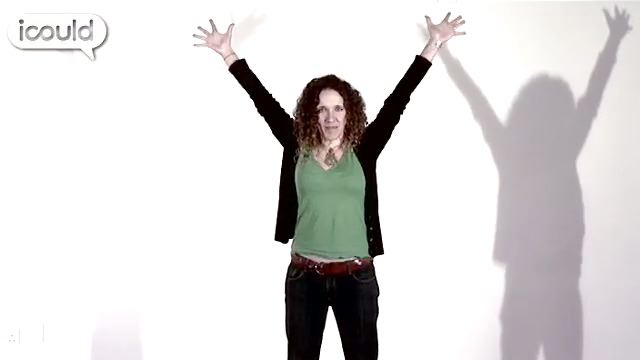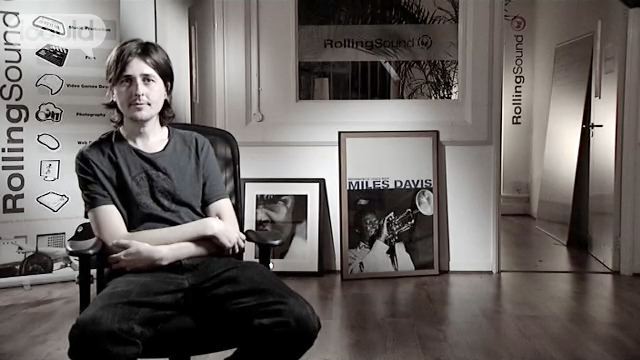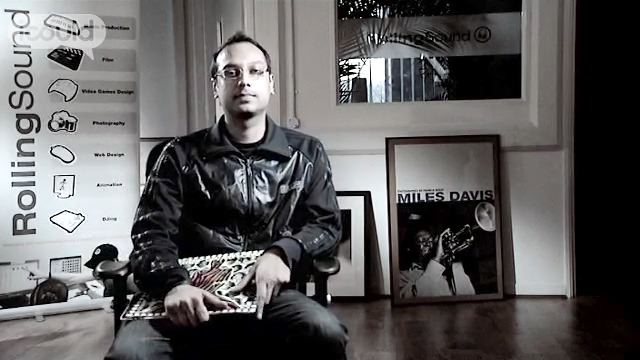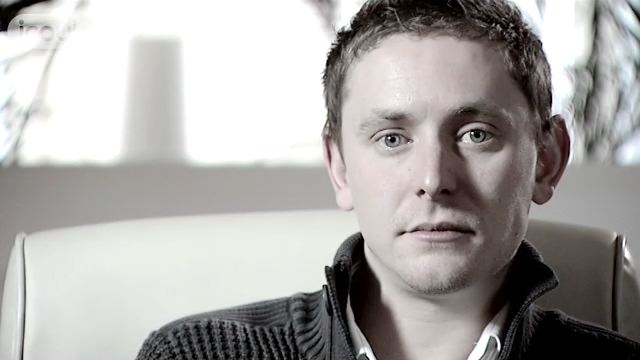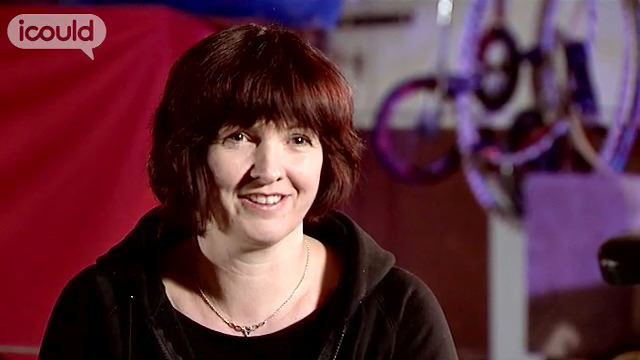What is a learning and participation officer?
What is a learning and participation officer?
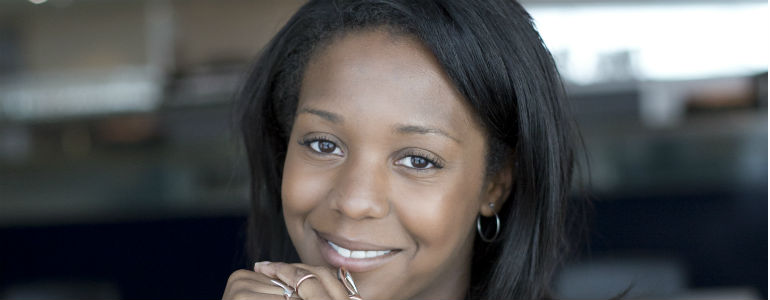
Niesha Holder grew up in Ipswich and studied dance at university. She is now a learning and participation officer at the Royal Opera House and works on projects to encourage people to enjoy and experience opera, ballet and orchestral music.
What are you working on?
This season my role focuses on our dance projects, so this includes Chance to Dance, a dance programme for Primary School children which has been running for 25 years; Young Creatives, a project in partnership with Youth Dance England, which works with young people who are interested in developing their chorography skills; and Monday Moves our weekly dance class for blind and partially sighted adults.
What does a typical week involve?
Some weeks my job is very desk based, so I’ll be doing a lot of preparation, such as organising and contacting artists, dancers or musicians to help us on projects. Other weeks I might be working with different groups – this could in the building, or I might be out at a schools, or working with partner organisations. But all my work helps people to experience opera, ballet and the exciting things that happen at the Royal Opera House.
What do you enjoy most and least about your work?
Having always had a passion for dance, music and the wider arts, it’s great to work in and around the things you enjoy on a daily basis. It’s also wonderful to see first-hand when someone gets to enjoy something new for the first time. There is nothing like seeing a child’s face light up as, they see a ballet dancer or an opera singer demonstrating their craft.
What makes you suited to your job?
I have always had an awareness of the arts and that passion, excitement and eagerness to go and see things that are creative has helped in my career. It has really helped in this role because sharing that passion is a lot of what we do. Being able to research and having a good understanding of what the industry is doing at the moment is important. Also being able to think about what might be the next thing that people will be interested in or finding new and exciting ways in which we can encourage others to discover our work.
How did you get into your current line of work?
I had a traditional education and training route. I did my A-levels (art, drama, textiles and geography). Outside of school, I was doing regular dance lessons and I remember my ballet teacher said, ‘Why don’t you study dance? You love it’. So I did a dance and culture degree at the University of Surrey. As part of my degree I had the opportunity to move to London and do a placement at The Place. I worked in their theatre and artist development office, which was great because I really got a feel for what it was like to work in an arts organisation and specifically a theatre.
Then I was really lucky to do a lots of work experience, small project jobs and freelance jobs with other companies. I worked for Dance East for a couple of years whilst doing my degree, but then also when I finished university I freelanced with them on several projects. From there I worked for a couple of other arts organisations before starting at the Royal Opera House.
What advice would you give someone starting out?
Having a passion for the arts is really great, but also networking and talking to people. If a company do just want you to do a single job for them, it could still be really helpful for finding out about other opportunities, meeting new people or just getting that little bit of experience to put on your CV. Maybe it’s only for a day, but then you have an awareness of that area of work and you can build on that. The degree was useful for me, but I was lucky to do a lot of things on the side as well. People who work in learning and participation have a really varied entry route and it’s great that everyone has a different background, skills and knowledge. I don’t know much about opera, but there are other people that do and I know a bit more about dance and so that creates a really lovely balance and a great department.
What are your future career plans?
I would like to continue working in the arts and education sector, with the aim of progressing in the future into perhaps a project or more specialist role.
What do you like doing outside of work?
I enjoy seeing performances, going to festivals, exhibitions and going to immersive theatre. As well as exploring London and countries all over the world.
